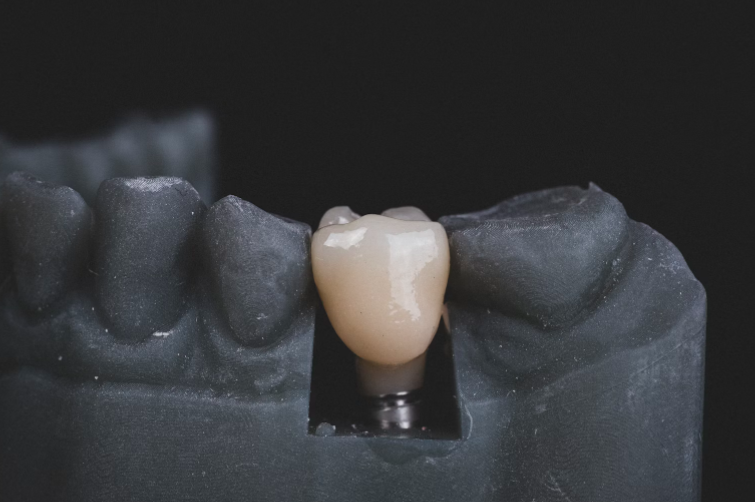Signs that You Need Dental Implants

Dental implants are an advanced dental treatment designed to replace missing or severely damaged teeth. They consist of titanium posts surgically placed into the jawbone, which serve as a stable foundation for artificial teeth.
While implants are a highly effective solution, it’s essential to recognize the signs that indicate you might need them. Identifying these signs early can help you address dental issues before they lead to more significant problems. This guide outlines the key indicators that suggest dental implants may be necessary for your oral health.
Missing Teeth
One of the most obvious signs that you might need dental implants is having one or more missing teeth. Missing teeth can impact your ability to chew properly, affect your speech, and cause shifts in your remaining teeth. Dental implants can fill these gaps, restoring functionality and improving your smile.
Difficulty Chewing or Eating
If you experience difficulty chewing or eating certain foods, it may indicate that your existing dental work is not sufficient or that you have missing teeth. Implants can provide a stable and functional solution, allowing you to enjoy a wide variety of foods without discomfort.
Shifting Teeth
When you have missing teeth, the surrounding teeth may shift or become misaligned over time. This shifting can lead to bite problems and further dental issues. Dental implants can prevent adjacent teeth from moving by filling the gaps left by missing teeth.
Bone Loss
Tooth loss can lead to bone loss in the jaw, as the bone no longer receives the stimulation it needs from tooth roots. This bone loss can affect the structure of your face and make it more challenging to place traditional dentures or bridges. Dental implants stimulate the jawbone and help maintain bone density, making them a suitable option for those experiencing bone loss.
Gum Disease or Tooth Decay
If you have severe gum disease or tooth decay that cannot be effectively treated with other methods, dental implants may be a viable option. They provide a robust and durable solution, even in cases where other treatments might not be appropriate.
Difficulty with Dentures or Bridges
If you currently have dentures or bridges and are experiencing discomfort, slippage, or difficulty maintaining them, dental implants can offer a more stable and comfortable alternative. Implants do not rely on adjacent teeth or require adhesives, providing a more secure and natural-feeling solution.
Unpleasant Taste or Bad Breath
Persistent bad breath or an unpleasant taste in your mouth can be a sign of underlying dental issues, such as infection or decay around existing dental work. If these issues are not resolved with other treatments, dental implants can replace problematic teeth and improve oral hygiene.
Desire for a Permanent Solution
If you’re looking for a long-term, permanent solution to missing teeth rather than removable options like dentures, dental implants offer a durable and lasting solution. They are designed to mimic the function and appearance of natural teeth and can last for many years with proper care.




